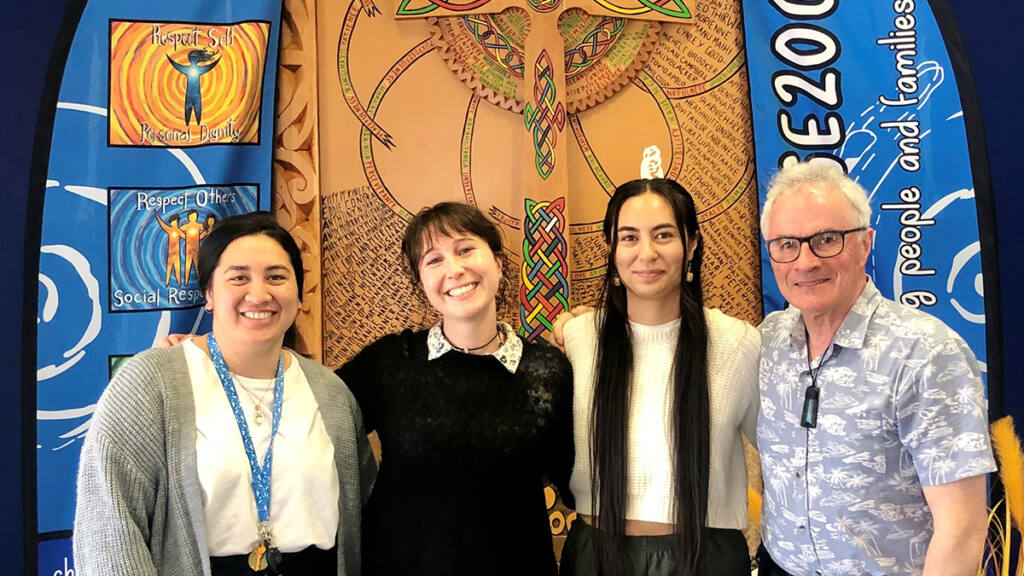
WelCom December 2021
Lisa Beech
The Wellington EJP Commission, Challenge 2000 and Caritas Aotearoa New Zealand were among submitters supporting a government Bill to establish Matariki as a public holiday.
The Māori Affairs Select Committee is considering Te Pire mō te Hararei Tūmatanui o te Kāhui o Matariki/Te Kāhui o Matariki Public Holiday Bill, which passed its first reading in Parliament on 30 September. The Bill proposes a public holiday for Matariki on a Friday on a list of dates in June or July each year. The dates have been proposed out until 2052 by an expert advisory group.
The archdiocesan Ecology, Justice and Peace (EJP) Commission’s written submission included a quote from Governor Hobson’s assurance in 1840 to Bishop Pompallier, that all faiths, including ritenga Māori (Māori custom and practice) would be protected.
The EJP submission also acknowledged the New Zealand Catholic Bishops support for the 2019 Statement on Religious Diversity. The bishops’ support recognised that educational and work environments should accommodate different religious beliefs and practices. ‘We see providing a public holiday to celebrate Matariki is a natural extension of that principle.’
Caritas Aotearoa New Zealand’s written submission acknowledged Matariki as unique to this country, saying it can be embraced by all New Zealanders. ‘Establishing Matariki as a public holiday over a long weekend may enable a collective recognition of our place in this land and responsibility to care for the land and each other.’
Challenge 2000 also supported the establishment of Matariki as a public holiday, which will enable people to participate. However, they recommended wording in the Bill that describes Matariki as the Māori name for Pleiades, to be changed.
‘We think this would be better expressed that Pleiades is the Greek name for Matariki. In Aotearoa, Matariki is and always has been the name of the constellation. Describing it as a translation of Pleiades takes away from the mana of Matariki.’
Challenge 2000 and Caritas appeared before the Māori Affairs Select Committee to give oral submissions on 17 November 2021. The Select Committee is due to report back to the House, March 2022.
